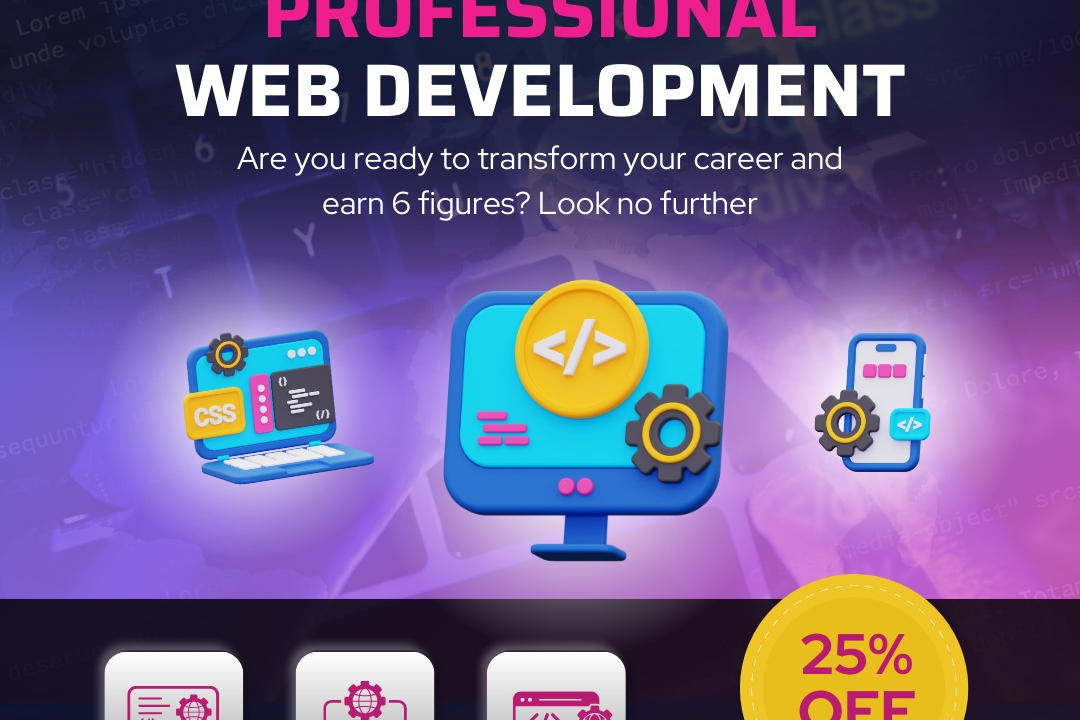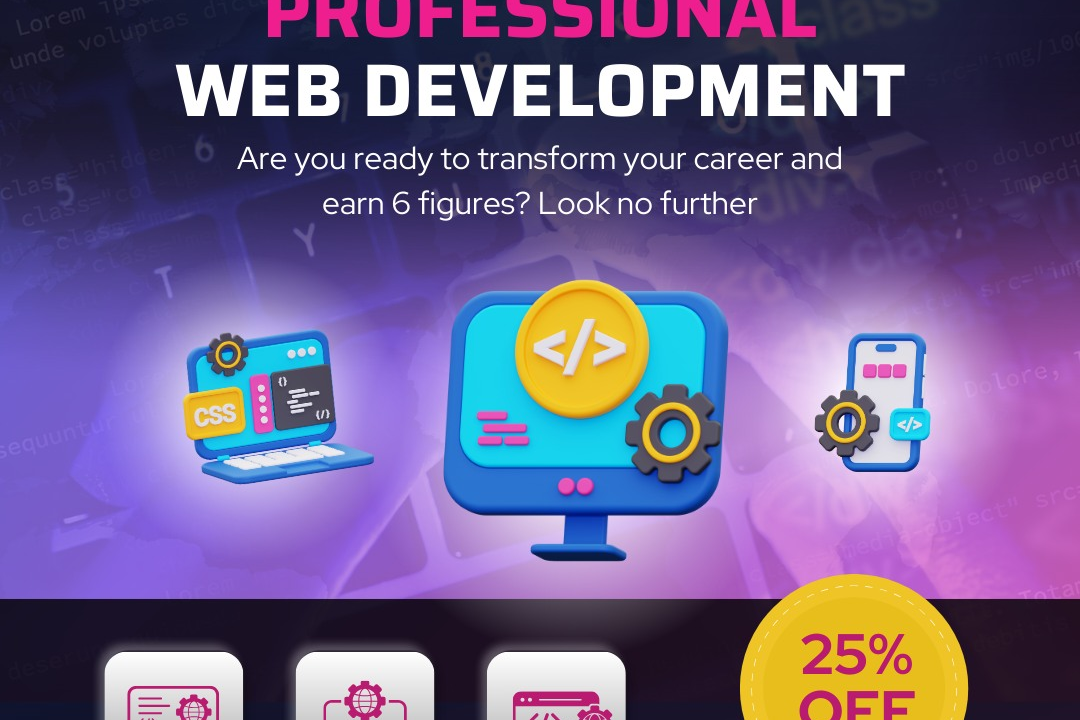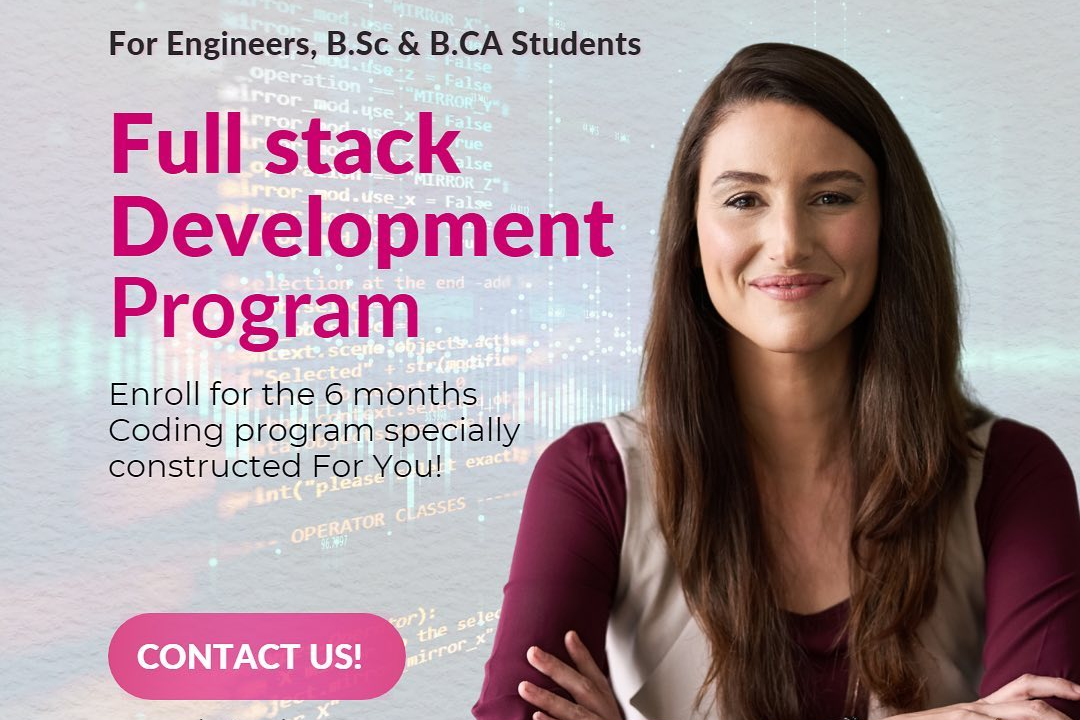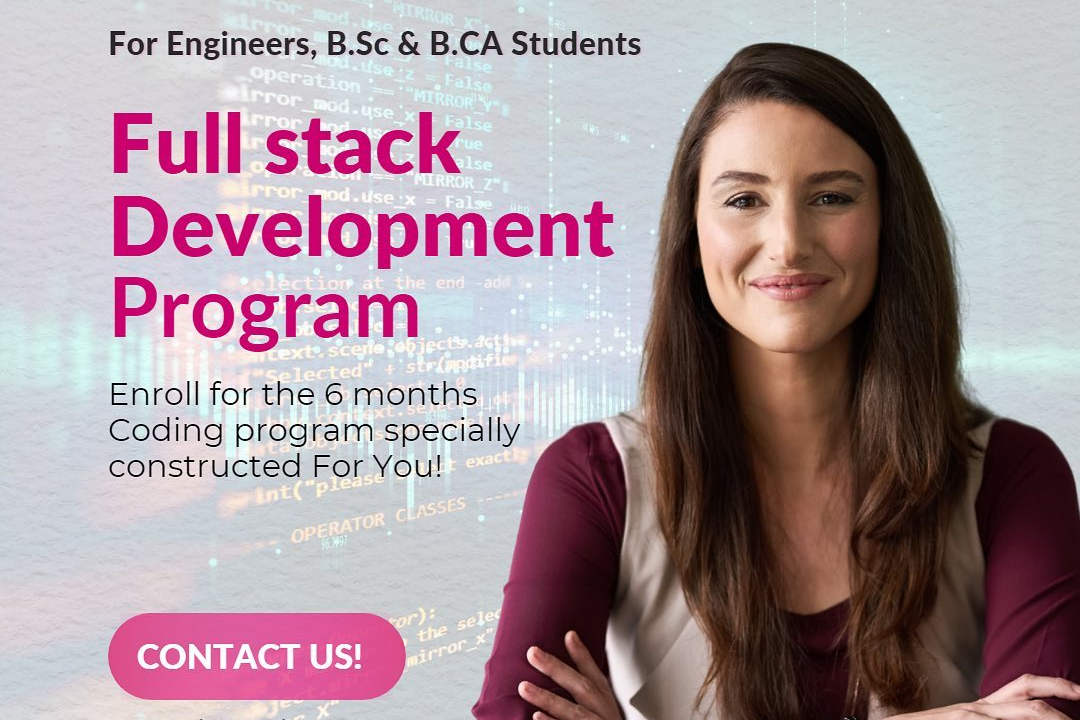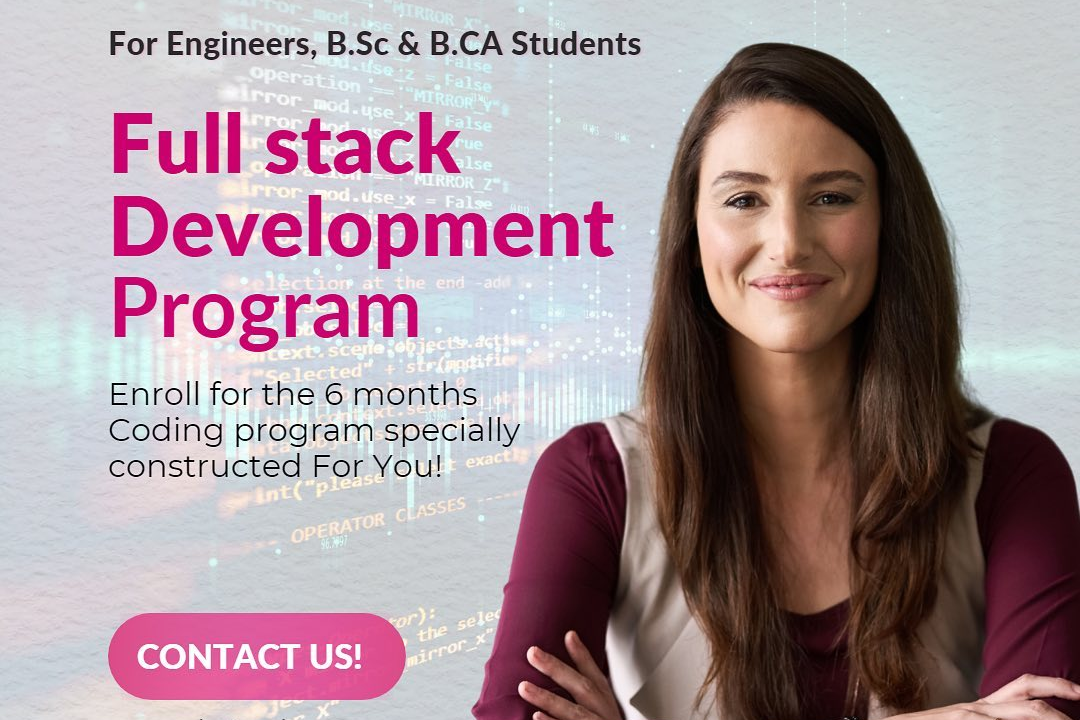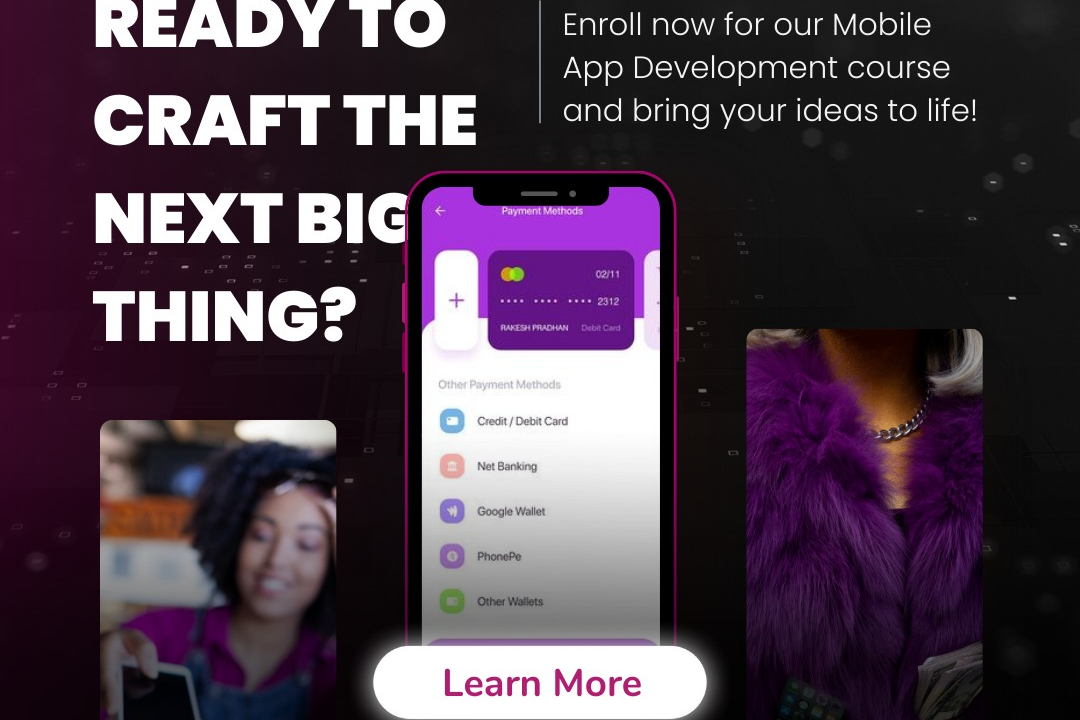How To Compile And Run Php Program In Viusal Stusio
Compiling and running PHP programs in Visual Studio involves configuring the environment to recogniz
How To Compile And Run Php Program In Viusal Stusio
Compiling and running PHP programs in Visual Studio enhances the development experience by providing a powerful, integrated environment with features like syntax highlighting, debugging, and code management. Although Visual Studio is traditionally used for languages like C# or C++, with appropriate extensions, it can support PHP development, making it easier to write, test, and troubleshoot PHP scripts within a familiar interface. This streamlined workflow reduces context switching and accelerates project progress, especially for developers working on complex web applications, ultimately improving productivity and code quality in PHP projects.
To Download Our Brochure: https://www.justacademy.co/download-brochure-for-free
Message us for more information: +91 9987184296
Compiling and running PHP programs in Visual Studio enhances the development experience by providing a powerful, integrated environment with features like syntax highlighting, debugging, and code management. Although Visual Studio is traditionally used for languages like C# or C++, with appropriate extensions, it can support PHP development, making it easier to write, test, and troubleshoot PHP scripts within a familiar interface. This streamlined workflow reduces context switching and accelerates project progress, especially for developers working on complex web applications, ultimately improving productivity and code quality in PHP projects.
Course Overview
Learn to efficiently compile and run PHP programs within Visual Studio using this course. Gain essential skills to set up, write, and debug PHP code seamlessly in a powerful IDE environment, boosting your web development productivity through hands-on guidance and real-time project integration.
Course Description
This course teaches you how to compile and run PHP programs efficiently in Visual Studio, covering setup, coding, debugging, and best practices for seamless PHP development within the IDE.
Key Features
1 - Comprehensive Tool Coverage: Provides hands-on training with a range of industry-standard testing tools, including Selenium, JIRA, LoadRunner, and TestRail.
2) Practical Exercises: Features real-world exercises and case studies to apply tools in various testing scenarios.
3) Interactive Learning: Includes interactive sessions with industry experts for personalized feedback and guidance.
4) Detailed Tutorials: Offers extensive tutorials and documentation on tool functionalities and best practices.
5) Advanced Techniques: Covers both fundamental and advanced techniques for using testing tools effectively.
6) Data Visualization: Integrates tools for visualizing test metrics and results, enhancing data interpretation and decision-making.
7) Tool Integration: Teaches how to integrate testing tools into the software development lifecycle for streamlined workflows.
8) Project-Based Learning: Focuses on project-based learning to build practical skills and create a portfolio of completed tasks.
9) Career Support: Provides resources and support for applying learned skills to real-world job scenarios, including resume building and interview preparation.
10) Up-to-Date Content: Ensures that course materials reflect the latest industry standards and tool updates.
Benefits of taking our course
Functional Tools
1 - Visual Studio: The core integrated development environment (IDE) used in the course, Visual Studio provides a robust platform for coding, debugging, and managing PHP projects. Participants learn to configure Visual Studio for PHP development, customize interfaces, and utilize its project management features to streamline their workflow. The environment supports extensions and tools that enhance coding efficiency, making it ideal for both beginners and experienced developers to compile and run PHP programs seamlessly.
2) PHP Language Support Extensions: Specialized extensions like PHP Tools for Visual Studio enable features such as syntax highlighting, code completion, debugging, and error checking tailored specifically for PHP. These tools facilitate easier writing and correcting of code, reducing errors and saving time. The course guides students through installing and configuring these extensions, ensuring they leverage all functionalities to enhance their programming experience.
3) PHP Interpreter (PHP.exe): The interpreter is essential for executing PHP scripts within Visual Studio. Students are taught how to download and connect the PHP executable file to their IDE, ensuring the environment can compile and run their code correctly. Understanding how to configure and utilize the interpreter is crucial for testing and debugging PHP programs in real time during the course.
4) Web Server (Apache, Nginx, or IIS): Setting up a web server environment forms a vital part of the course. Participants learn how to configure local servers like Apache or IIS within Visual Studio to host and run PHP scripts as web applications. This knowledge is key to understanding how PHP interacts with server environments, enabling students to develop, test, and deploy dynamic websites efficiently.
5) Debugging Tools: Visual Studio offers integrated debugging features that help identify and fix errors in PHP code. The course demonstrates how to set breakpoints, step through code, inspect variables, and monitor execution flow. These debugging tools are essential for diagnosing issues quickly and ensuring the reliability of PHP applications before deployment.
6) Version Control Systems (Git Integration): Students are introduced to version control tools integrated within Visual Studio. Learning how to manage code repositories, commit changes, and collaborate using Git enhances project teamwork and code management. This integration supports best practices for development workflows, facilitating effective tracking and rollback of code modifications.
7) Command Line Interface (CLI) Tools: The course covers the use of command line tools for PHP, allowing students to compile, run, and manage scripts outside the IDE when necessary. Familiarity with CLI commands complements IDE skills and provides flexibility in various development scenarios, especially when working on remote servers or automation tasks.
8) Database Management Tools: As PHP often interacts with databases, students explore tools within Visual Studio that connect to databases like MySQL or SQL Server. The course emphasizes configuring database connections, executing queries, and managing data directly from the IDE, enriching their ability to develop data driven applications.
9) Extensions for Front End Development: Additional plugins for HTML, CSS, and JavaScript support are introduced to help students integrate front end components into PHP projects. These tools facilitate crafting dynamic, user friendly interfaces alongside server side scripts, broadening the scope of their web development skills.
10) Project Templates and Sample Code: Pre configured project templates and sample PHP code snippets are provided to accelerate learning. These resources help students understand best practices, accelerate the setup process, and focus on core programming concepts, making the learning curve smoother and more effective.
11 - Build and Deployment Tools: The course introduces build automation, packaging, and deployment utilities integrated within Visual Studio. Learning to create build scripts, manage dependencies, and deploy PHP applications prepares students for real world scenarios involving continuous integration and delivery pipelines.
12) Live Server Plugins: The use of live server extensions enables real time preview of PHP applications in the browser. This instant feedback loop enhances understanding of how code changes affect the final output, making the development process more interactive and efficient.
13) Code Analysis and Profiling Tools: Participants explore tools that analyze code quality, identify performance bottlenecks, and suggest optimizations. These tools assist in writing efficient, maintainable PHP code, which is critical in professional development environments.
14) Code Formatter and Linter Tools: To maintain consistency and code quality, students learn to use formatters and linters that enforce coding standards. Well formatted, error free code enhances readability and reduces bugs, integral for team collaborations and long term project success.
15) External API Integration Tools: The course covers tools and extensions that simplify connecting PHP applications with external APIs. Mastering this integration enables students to extend application functionalities, such as payment gateways, social media, or data services, broadening their development expertise.
16) Remote Development and SSH Support: Students learn how to configure Visual Studio for remote PHP development using SSH connections. This skill allows developers to work directly on remote servers, facilitating seamless deployment, debugging, and testing in production like environments.
17) Containerization and Docker Integration: The course introduces Docker support within Visual Studio for containerized PHP development. Participants gain understanding of creating, managing, and deploying PHP applications within Docker containers, ensuring consistency across development, testing, and production environments.
18) Unit Testing Frameworks (PHPUnit): Emphasizing test driven development, students are trained to incorporate PHPUnit within Visual Studio. Setting up unit tests, running them efficiently, and interpreting results foster robust, bug free code.
19) Code Documentation Tools: The course covers tools for generating and maintaining comprehensive code documentation directly within the IDE. Clear documentation promotes maintainability and ease of collaboration.
20) Customization and Extension Development: Participants explore how to customize Visual Studio by creating their own extensions. This empowers them to tailor the IDE to specific project needs, streamline workflows, and enhance productivity.
21 - Integrated Browser Debugging: The tutorials include configuring browser debugging tools that integrate with Visual Studio. This allows for end to end testing, inspecting live code, and fixing issues directly within the development environment.
22) Performance Profiling Extensions: Students learn how to utilize profiling tools that help identify resource heavy code segments, memory leaks, and inefficient queries, leading to optimized PHP applications.
23) Localization and Internationalization Plugins: The course covers tools that facilitate developing multilingual PHP applications. Leveraging these plugins helps maintain localization standards and export translation data efficiently.
24) Error Logging and Monitoring Plugins: Participants are introduced to extensions that assist in monitoring PHP applications post deployment, enabling effective error tracking, alerting, and troubleshooting.
25) Code Snippet Managers: The course features tools that store, organize, and reuse code snippets, promoting efficient coding practices and reducing repetitive typing.
26) Database Migration and Versioning Tools: Students learn about tools that assist in database schema migrations, versioning, and synchronization, which are vital for managing evolving database structures during project development.
27) Automation Scripts and Command Generation: The course explores creating scripts within Visual Studio to automate repetitive tasks like code formatting, testing, or deployment, enhancing efficiency and consistency.
28) Security Testing Extensions: Techniques involve using plugins that scan PHP code for common security vulnerabilities, helping developers build secure applications from the ground up.
29) Accessibility Testing Plugins: Tools for checking the accessibility and usability of web applications ensure that PHP projects adhere to inclusive design standards.
30) Project Collaboration and Cloud Integration: The course introduces cloud based development features, enabling collaborative development, code sharing, and deployment via platforms like Azure or GitHub directly through Visual Studio.
These additional features and tools equip learners with comprehensive capabilities to develop, test, deploy, and maintain professional PHP applications efficiently within the Visual Studio environment.
Browse our course links : https://www.justacademy.co/all-courses
To Join our FREE DEMO Session:
This information is sourced from JustAcademy
Contact Info:
Roshan Chaturvedi
Message us on Whatsapp: +91 9987184296
Email id: info@justacademy.co
Selenium Training Institute In Whitefield Bangalore
Array Related Programming Questions In Php

